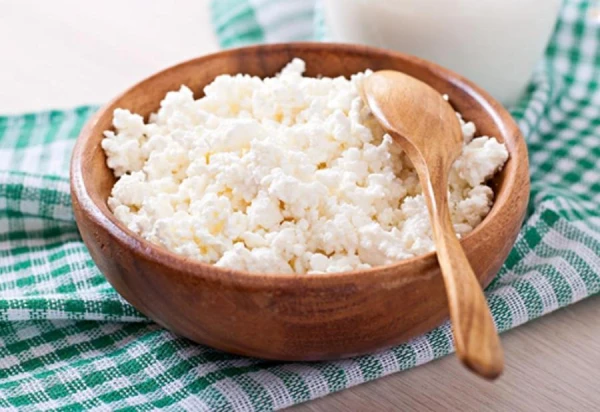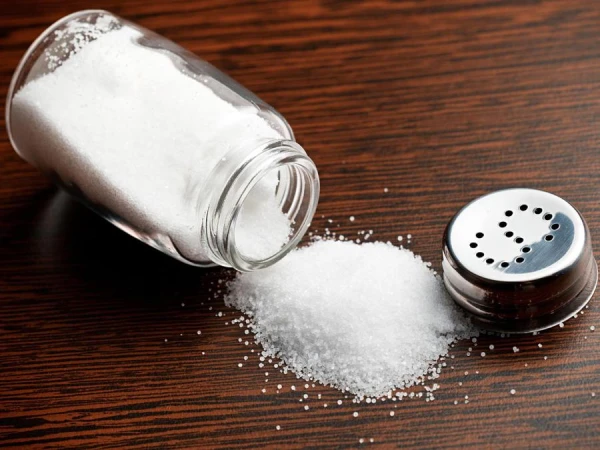
PNAS: The MC1R gene is associated with slow wound healing in red-haired individuals.
Chronic wounds, such as diabetic ulcers and pressure sores, remain one of the most challenging medical problems—especially in older adults. A new study by researchers at the University of Edinburgh, published in PNAS, has identified the culprit: a malfunction of the MC1R gene, which is associated with hair pigmentation. This gene determines red hair color and simultaneously affects the skin's ability to heal.
Analysis of thousands of cells from chronic wounds showed that a disruption in the POMC–MC1R axis enhances inflammation and slows healing. In carriers of a fully or partially non-functional MC1R, tissue regeneration occurs significantly slower. In experiments, 95 percent of red-haired mice still had unhealed skin areas after a week, while dark-haired animals healed much faster.
To test whether this genetic feature could be bypassed, researchers created a cream with a selective MC1R agonist. In mice, it showed impressive results: accelerated healing, reduced inflammation, improved blood vessel formation, and even decreased scarring. However, the drug is only effective in those with partially active MC1R—when the gene is completely turned off, it is ineffective.
The first clinical trials are now being prepared. Since MC1R agonists have previously been used in medicine and demonstrated a good safety profile, researchers hope that this new approach will quickly reach patients and provide much-needed help for people with chronic wounds.















Leave a comment